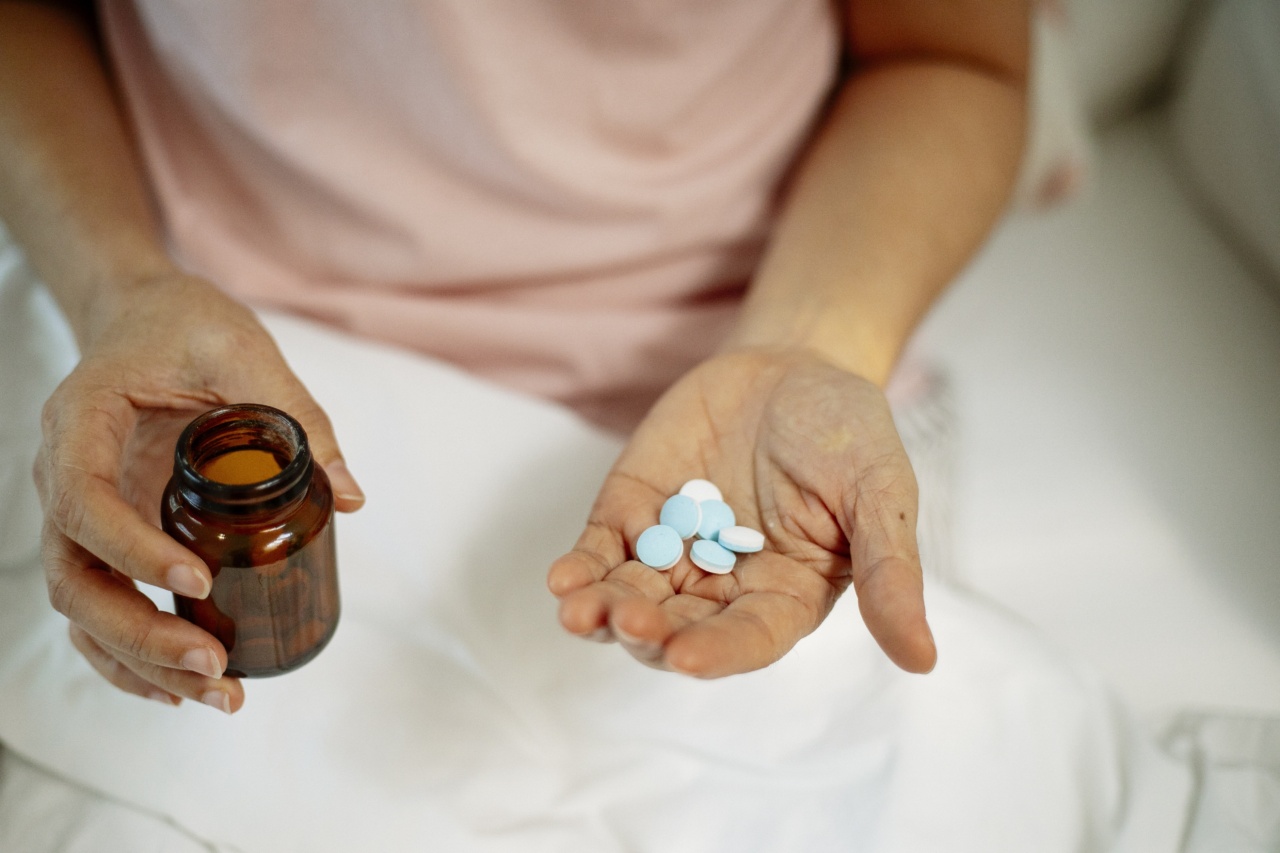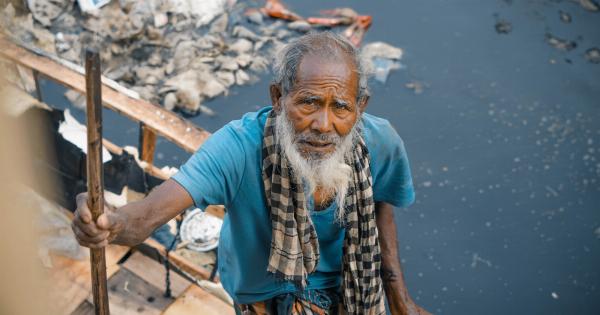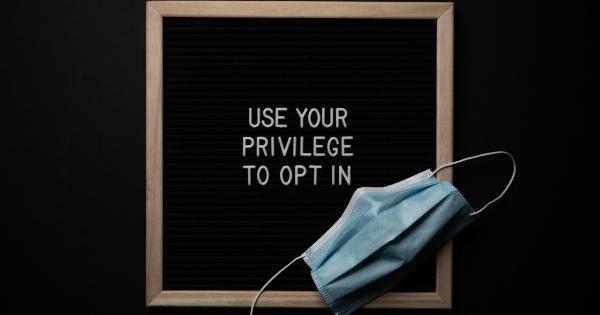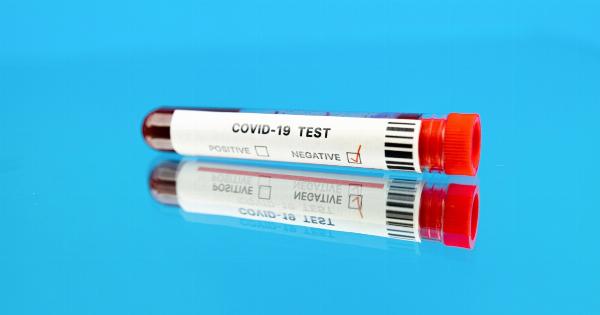The Middle East Respiratory Syndrome (MERS) is a type of coronavirus that was first reported in Saudi Arabia in 2012.
It is known to cause severe respiratory illness with symptoms ranging from fever, cough, and shortness of breath to kidney failure and pneumonia. MERS can spread through close contact with an infected person or by touching surfaces contaminated with the virus. Here are some steps you can take to protect yourself and others from MERS:.
1. Practice good hygiene
One of the most effective ways to prevent the spread of MERS is by practicing good hygiene. Wash your hands frequently with soap and water for at least 20 seconds, especially after coughing, sneezing, or visiting public places.
If soap and water are unavailable, use an alcohol-based hand sanitizer that contains at least 60% alcohol. Avoid touching your face, particularly your eyes, nose, and mouth, as this can introduce the virus to your body.
2. Cover your mouth and nose
When coughing or sneezing, it is crucial to cover your mouth and nose to prevent the spread of respiratory droplets that may contain the MERS virus.
Use a tissue or the inside of your elbow to cover your mouth and nose, and dispose of used tissues immediately in a covered trash bin. Avoid using your hands to cover your mouth and nose as it can transfer the virus to your hands and potentially contaminate surfaces you touch.
3. Avoid close contact with sick individuals
If you suspect someone has MERS or is exhibiting symptoms of respiratory illness, it is essential to avoid close contact with them. Maintain a distance of at least 3 feet from individuals who are coughing, sneezing, or showing signs of illness.
This precaution helps reduce the risk of inhaling respiratory droplets containing the virus.
4. Wear a mask in crowded areas
In areas where there are outbreaks of MERS or respiratory illnesses, it is a good practice to wear a mask, especially in crowded places. Masks can help prevent the spread of respiratory droplets and provide an extra layer of protection.
Choose masks that cover both your nose and mouth and ensure they fit snugly on your face. Remember to dispose of used masks properly and wash your hands after removal.
5. Avoid travel to affected areas
Stay informed about the latest updates on the spread of MERS and avoid traveling to areas where there are outbreaks.
If you must travel to affected regions, take precautions by practicing good hygiene, wearing masks, and avoiding close contact with sick individuals. Follow the advice and guidelines provided by local health authorities.
6. Keep your immune system strong
Maintaining a healthy immune system can help reduce the risk of contracting MERS or other respiratory illnesses. Eat a balanced diet rich in fruits, vegetables, whole grains, and lean proteins.
Stay physically active, get regular exercise, and ensure you get enough sleep each night. Consult your healthcare provider about any necessary vaccinations or preventive measures you can take to strengthen your immune system.
7. Clean and disinfect frequently touched surfaces
Regularly clean and disinfect surfaces that are frequently touched, such as doorknobs, light switches, countertops, and electronic devices. Use an EPA-approved disinfectant and follow the instructions on the product label for effective disinfection.
Consider disinfecting your personal belongings, such as phones and wallets, especially after coming into contact with public surfaces.
8. Stay informed and follow guidelines
Stay updated on the latest guidelines and recommendations provided by reputable health organizations, such as the World Health Organization (WHO) and the Centers for Disease Control and Prevention (CDC).
Follow their advice regarding preventive measures, travel recommendations, and any specific precautions for your region. Awareness and staying informed are crucial for protecting yourself and others from MERS.
9. Practice respiratory etiquette
In addition to covering your mouth and nose when coughing or sneezing, practice respiratory etiquette at all times. Avoid spitting in public areas as it can contribute to the spread of respiratory droplets.
If you are feeling unwell or exhibiting symptoms of a respiratory illness, seek medical attention and follow the instructions provided by healthcare professionals.
10. Avoid close contact with camels
Camels have been identified as one of the sources of MERS transmission to humans. Avoid close contact with camels, such as touching or consuming their raw or undercooked meat, milk, or urine.
If you come into contact with camels, ensure proper hand hygiene and avoid contact with your face until you can wash your hands thoroughly.




























